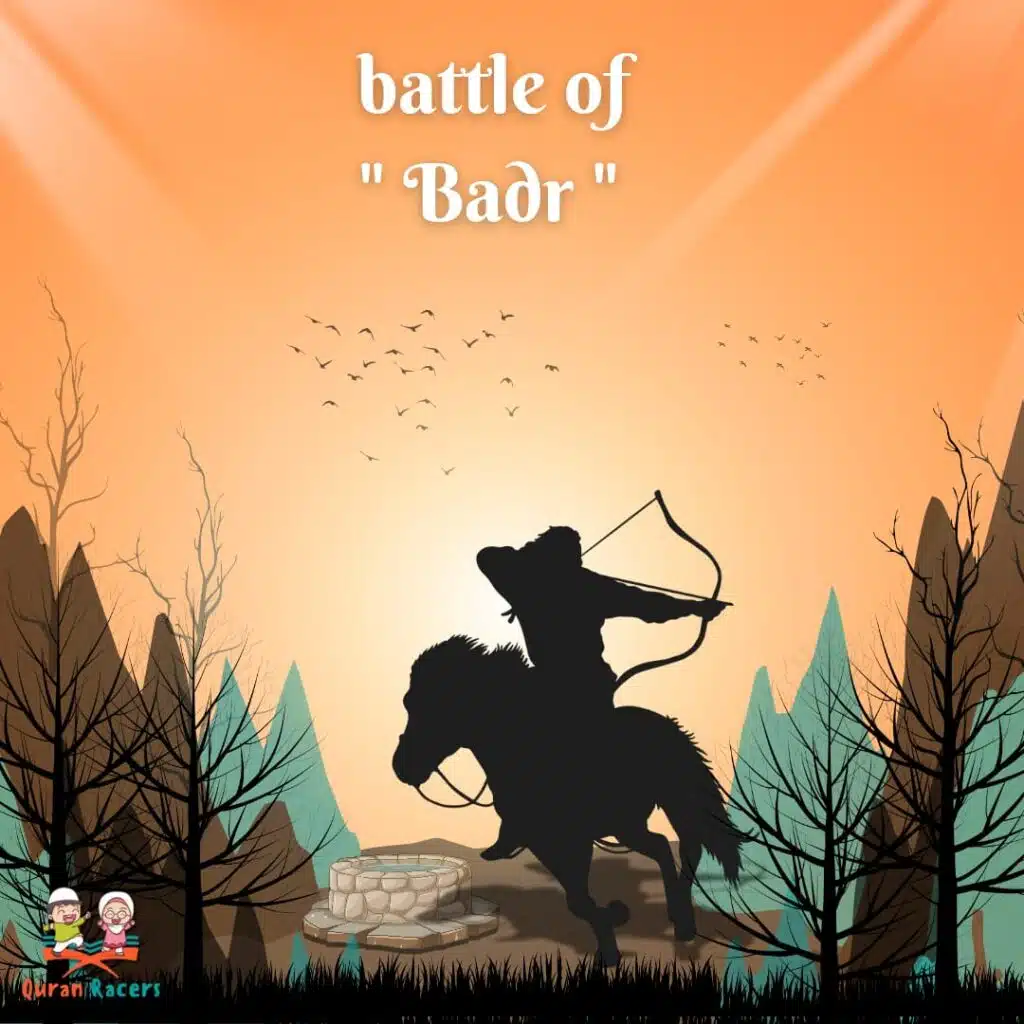When Peace Paved the Way to Victory🕋

📅 Year: 6 AH | Location: Al-Hudaybiyyah, near Makkah
Introduction: Not All Victories Wear Armor 🌟
The Treaty of Hudaybiyyah was more than just ink on parchment — it was a strategic and spiritual masterpiece that changed the course of Islamic history. Though it seemed like a setback at first, it turned out to be a divine victory in disguise.
In this article, we dive into the events of the Treaty of Hudaybiyyah, uncover its deep lessons, and show why this peaceful agreement was far more powerful than a hundred swords.

🕋 The Journey to Makkah
In the 6th year after the Hijrah, the Prophet Muhammad ﷺ had a dream — that he and his companions were entering the Ka’bah peacefully. Inspired by this vision, he:
-
Set out with 1,400 companions.
-
Carried no weapons for war.
-
Intended only to perform Umrah (minor pilgrimage).
The Muslims were dressed in ihram, chanting the talbiyah — a clear sign of peaceful intent. But when they reached Hudaybiyyah, just outside Makkah, they were stopped by Quraysh.

🚫 Quraysh’s Refusal
Quraysh feared that letting the Muslims enter Makkah would show weakness, so they:
-
Blocked the Muslims from entering.
-
Sent messengers with harsh demands.
-
Refused to acknowledge the Muslims’ right to Umrah.
Tensions rose. Many Muslims hoped for war. But the Prophet ﷺ chose a different path — diplomacy over conflict.
And thus began the negotiations that would lead to the Treaty of Hudaybiyyah.
The Terms of the Treaty✍️
The terms of the Treaty of Hudaybiyyah were unexpected, and for some, disappointing:
-
No Umrah this year – The Muslims would return to Madinah.
-
A truce for 10 years – No fighting between Quraysh and the Muslims.
-
Anyone joining the Muslims from Quraysh must be returned.
-
But anyone leaving the Muslims to join Quraysh may stay.
Even the way the treaty was written caused tension — Quraysh refused to write “Messenger of Allah,” so it was written “Muhammad, son of Abdullah.”
Many companions were heartbroken — especially Umar ibn Al-Khattab, who couldn’t understand why they accepted such terms.
Divine Wisdom Behind the Treaty💡
Though it seemed like a loss, the Treaty of Hudaybiyyah was a masterstroke:
-
It recognized the Muslims as a legitimate force — Quraysh signed a treaty with them.
-
It gave Muslims room to spread Islam peacefully.
-
It led to more people embracing Islam in the next 2 years than in all years before.
-
It showed the Prophet ﷺ’s vision and patience.
Allah confirmed its value in the Qur’an:
📖 “Indeed, We have given you a clear victory.” – [Surah Al-Fath 48:1]
Yes, the Treaty of Hudaybiyyah was called a victory — without a single sword drawn.
The Story of Abu Jandal 😢
One of the most painful moments of the Treaty of Hudaybiyyah was when Abu Jandal, a Muslim imprisoned in Makkah, escaped and ran to the Muslim camp — chained and bleeding.
But under the treaty, he had to be returned to Quraysh.
The Prophet ﷺ, though full of compassion, upheld the terms — and Abu Jandal cried as he was dragged back.
It was a test — not of strength, but of commitment to principle.
Later, Abu Jandal and others formed a small force outside both camps, disrupting Quraysh trade routes — and Quraysh begged the Prophet ﷺ to cancel that part of the treaty.
The tide was turning.
Outcomes of the Treaty of Hudaybiyyah 🌱
-
Political recognition of the Muslims by Quraysh.
-
Safe passage for da’wah efforts across Arabia.
-
Mass conversions — Islam spread faster in peace than in war.
-
Moral high ground — the Prophet ﷺ showed true character.
The Treaty of Hudaybiyyah proved that wisdom, patience, and long-term thinking outweigh emotional reaction.
🎓 Quran Racers Academy – Teaching Wisdom Before Strength
At Quran Racers, we use moments like the Treaty of Hudaybiyyah to teach our students:
-
That not every victory is visible.
-
That emotional control is part of leadership.
-
That Islam spreads through hearts, not swords.
We raise students who know their history — and live its values.
Conclusion: The Pen Was Mightier 🕊️
The companions thought the Treaty of Hudaybiyyah was a loss. But history showed it was a foundational step toward the conquest of Makkah.
Victory isn’t always loud.
Sometimes, it’s quiet, strategic, and wrapped in patience.
And as the ink dried on the treaty, the seeds of future triumph were already sown.











